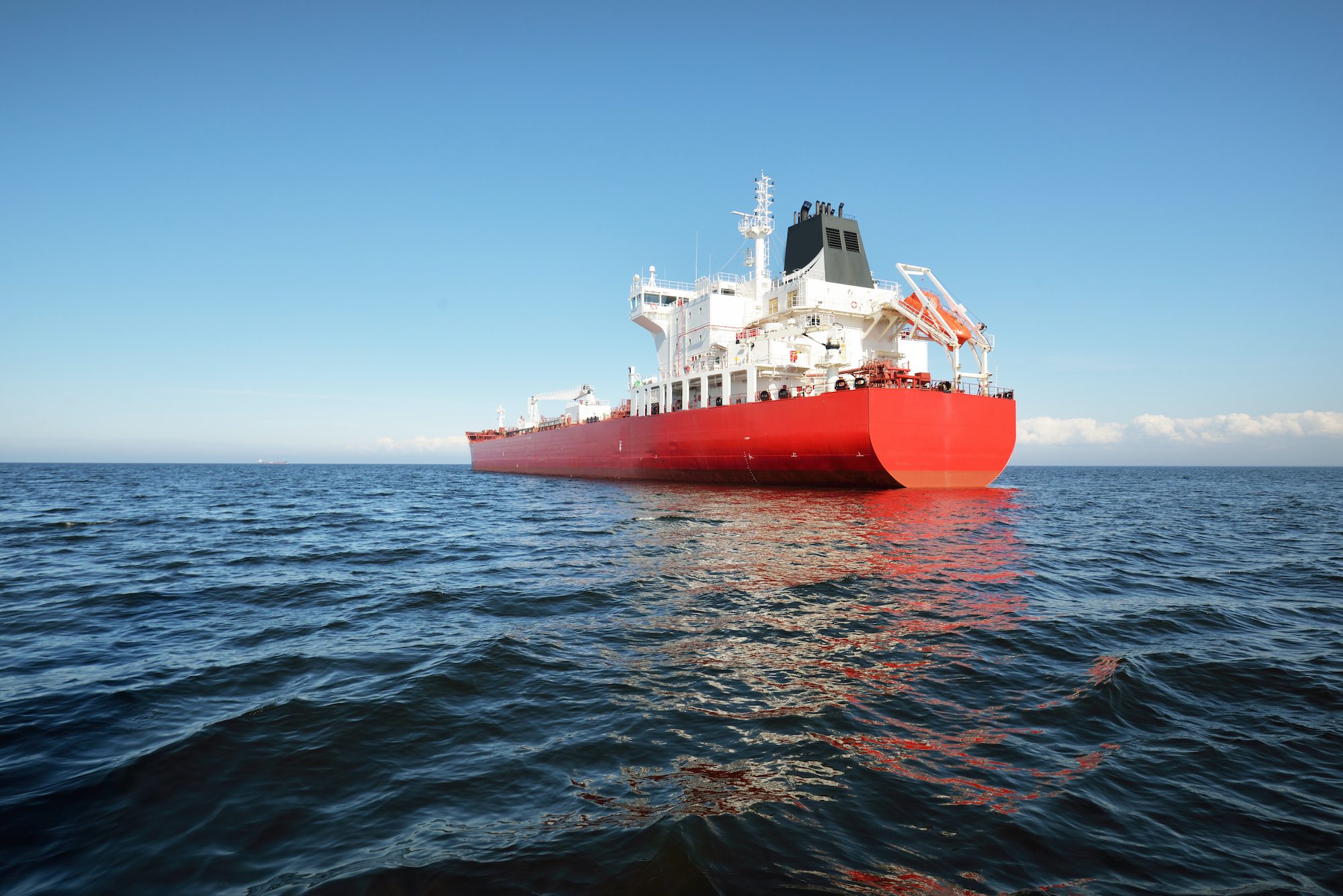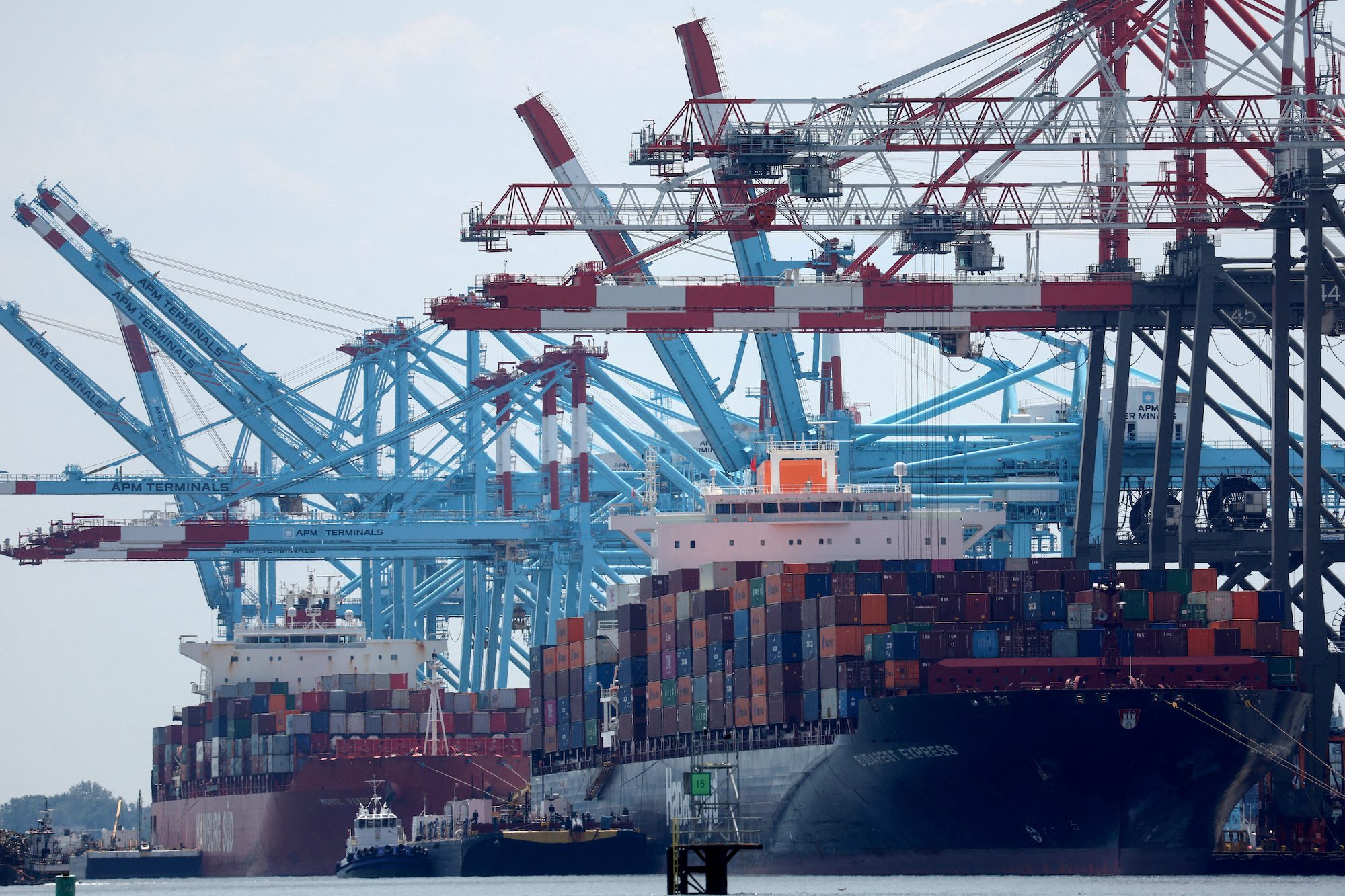U.S. flag tanker firm Overseas Shipholding Group, Inc. (OSG) has announced that it has been awarded a $3 million grant from the U.S. Department of Energy to fund the design and engineering of a new vessel for the transportation of liquefied carbon dioxide (CO2).
The vessel, an articulated tug and barge unit (ATB), will transport captured CO2 from emission sources across Florida and the Greater Tampa Bay region to sequestration sites in the Gulf of Mexico.
This grant marks another step toward a comprehensive CO2 storage and transport solution for Florida’s industrial emitters and comes on the heels of a previous Department of Energy grant in December 2023 for the development of OSG’s Tampa Regional Intermodal Carbon Hub (T-RICH).
T-RICH, a project led by OSG, will serve as an intermediate storage hub for captured CO2 at Port Tampa Bay. The facility is projected to receive, store, and process two million metric tons of CO2 per year initially, with potential for expansion to accommodate larger volumes. The ATB funded by the latest grant will facilitate the marine transportation of liquified CO2 from the T-RICH terminal to approved sequestration sites in the northern Gulf region.
Sam Norton, OSG’s President and CEO, said carbon capture and storage systems are expected to contribute up to 30% of total carbon emission reductions to help the United States achieve net zero carbon by 2050.
“Transporting liquified CO2 is a natural next step into an exciting emerging market, consistent with OSG’s expertise with liquid cargoes,” he said.
OSG’s Director of CO2 Transport Solutions, Jeff Williams, said the projects will provide a comprehensive solution for Florida’s largest emitting industrial facilities, accelerating the adoption of carbon emission reduction plans, improving community health, and creating hundreds of new jobs.
“Florida has the country’s fourth largest CO2 emissions from power generation and industrial facilities but has no pipeline system capable of transporting captured CO2 out of state,” Williams said. “OSG’s proposed T-RICH hub site at Port Tampa Bay would aggregate and store CO2 captured for loading into the LCO2ATBs operated by OSG. The cargoes would then be delivered to the northern Gulf of Mexico, which has the largest confirmed capacity for safe, deep, permanent underground sequestration of captured CO2.”

 Join The Club
Join The Club










